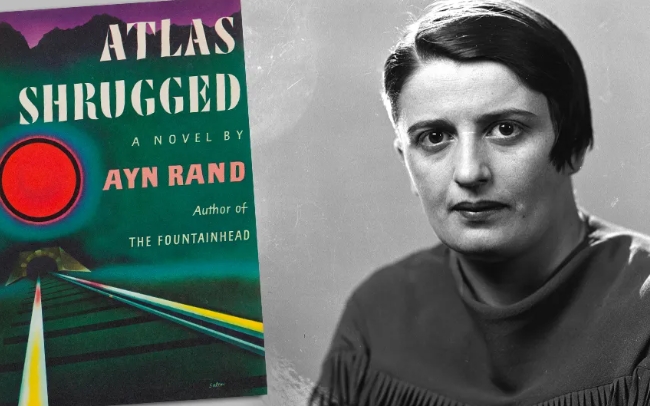Published in 1957, Ayn Rand’s “Atlas Shrugged” has had a lasting impact on the world of literature and philosophy. Through its compelling story and powerful characters, the novel explores the importance of individualism, reason, and capitalism.
Introduction to Ayn Rand
Ayn Rand was a Russian-American writer and philosopher known for her advocacy of Objectivism, a philosophy that emphasizes reason, individualism, and capitalism. “Atlas Shrugged” is considered her magnum opus and a showcase of her ideological beliefs.
Themes in “Atlas Shrugged”
One of the central themes in “Atlas Shrugged” is the importance of individualism. The novel portrays a world where the most productive and innovative individuals are constantly under attack by the government and society. Through their actions and choices, these individuals demonstrate the power of reason and self-interest.
Capitalism is another key theme in the novel. Ayn Rand presents capitalism as a moral and practical system that rewards hard work, innovation, and productive achievement. The novel criticizes government intervention and regulation, arguing that it stifles individual initiative and creativity.
The concept of rational selfishness is also explored in “Atlas Shrugged.” Ayn Rand argues that individuals should act in their own self-interest, pursuing their values and goals without sacrificing them for the sake of others. This philosophy is exemplified by characters such as Dagny Taggart and John Galt, who prioritize their own happiness and success above all else.
Criticism of “Atlas Shrugged”
Despite its enduring popularity, “Atlas Shrugged” has also faced criticism for its uncompromising advocacy of individualism and laissez-faire capitalism. Some critics argue that the novel’s portrayal of government and society is overly simplistic and fails to consider the complexities of real-world economics and politics.
Conclusion
Through “Atlas Shrugged,” Ayn Rand invites readers to question and reconsider their beliefs about individualism, reason, and capitalism. The novel’s ideological world continues to spark debate and discussion, making it a timeless work of literature and philosophy.
